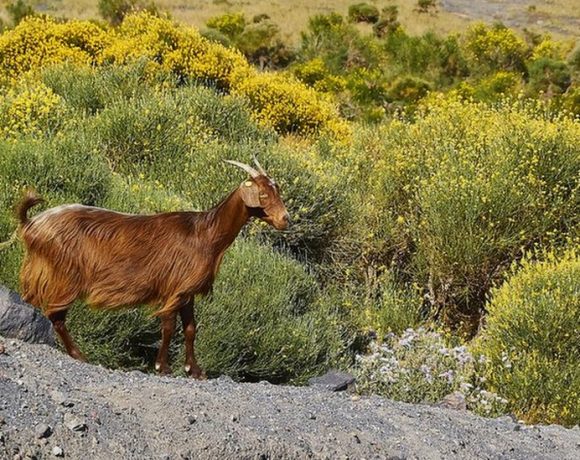
Four gazelles at a conservation center in Almería, Spain, died following a nearby music festival. According to the center’s veterinarian, Dr. Sonia Domínguez, the animals were agitated during the concert on Saturday, but the worst effects occurred the next day as the gazelles collided with walls, resulting in fatal injuries. Dr. Domínguez, who works at the Estación Experimental de Zonas Áridas (EEZA), was with the animals during the event. Despite prior requests from her team to relocate the festival, Almería Cultura, the town’s cultural hub, defended the decision to proceed, stating on X that noise levels did not exceed 65 dB at the center’s outer wall. However, Dr. Domínguez emphasized that the issue was not solely about decibel levels, as animals are more sensitive to sound and vibration than humans.
Local authorities expressed regret over the deaths but argued that the center had reached premature conclusions, suggesting other factors might be involved. Dr. Domínguez highlighted that the breeding season heightened the animals’ sensitivity, noting that gazelles, as prey animals, instinctively flee from perceived threats, leading to traumatic injuries. A day-old calf also died because its mother, distressed by the noise, failed to care for it.
The center’s director, Teresa Abáigar, criticized the Almería city council for not taking necessary precautions to protect the animals. Dr. Domínguez reiterated the center’s request for future events to be relocated to avoid disturbing the animals, though they have yet to receive a response. The conservation center is crucial for preserving endangered species from northern Africa, classified as “vulnerable” by the International Union for Conservation of Nature (IUCN). Additionally, a barbary sheep died as a result of the concert. Dr. Domínguez expressed frustration that authorities failed to recognize the risks involved.
Picture Courtesy: Google/images are subject to copyright

